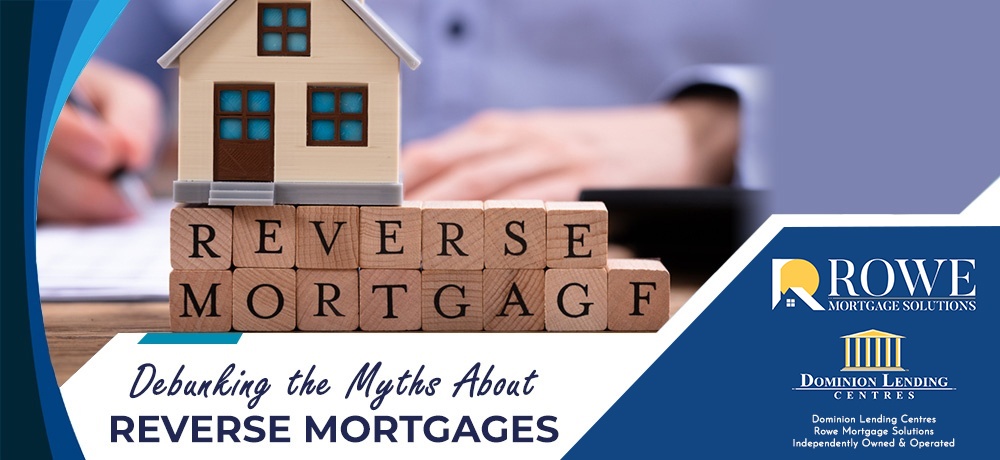Are you curious about how a reverse mortgage in British Columbia could enhance your retirement lifestyle? If you’re a homeowner over 55, understanding the ins and outs of reverse mortgages is essential for making the most of your home equity during retirement. This article breaks down what reverse mortgages are, who qualifies, and addresses common misconceptions, all while focusing on the unique needs of seniors in Victoria, Vancouver, and across BC. Discover how partnering with a knowledgeable Victoria mortgage broker can help you navigate BC retirement planning and secure financial flexibility for your future.


Blog by
Cody Rowe - Mortgage Broker
-
Reverse Mortgages in British Columbia: What Homeowners Over 55 Should Know

CLICK HERE TO READ THE FULL ARTICLE »
-
Is a Reverse Mortgage Right for You? What Canadian Seniors Need to Know

Are you a Canadian senior considering a reverse mortgage to enhance your retirement? As a Mortgage Broker and Credit Specialist with Dominion Lending Centres, I have guided many seniors in British Columbia through this financial decision. A reverse mortgage allows you to unlock the equity in your home without selling, providing tax-free funds to supplement your income, cover unexpected costs, or support family. Discover the pros and cons of reverse mortgages and determine if it's the right solution for maintaining your financial independence and lifestyle during your golden years.
CLICK HERE TO READ THE FULL ARTICLE »
-
Debunking the Myths About Reverse Mortgages

A reverse mortgage is one of the most common retirement tools, and it allows you to use tax-free cash if you have to cover-up any unexpected expenses. Known as the safest egg nest for a retiree, you can also put it out for home repairs, bills, and travels. However, several reverse mortgage myths have been floating around, creating a sea of confusion about home equity among most retired homeowners. Believing these misconceptions could dissuade you from accessing this product as financial support. To help you understand and steer clear of some misconceptions surrounding this mortgage solution, Cody Rowe - Mortgage Specialist, has debunked some of the most widely believed myths about reverse mortgages.
CLICK HERE TO READ THE FULL ARTICLE »



